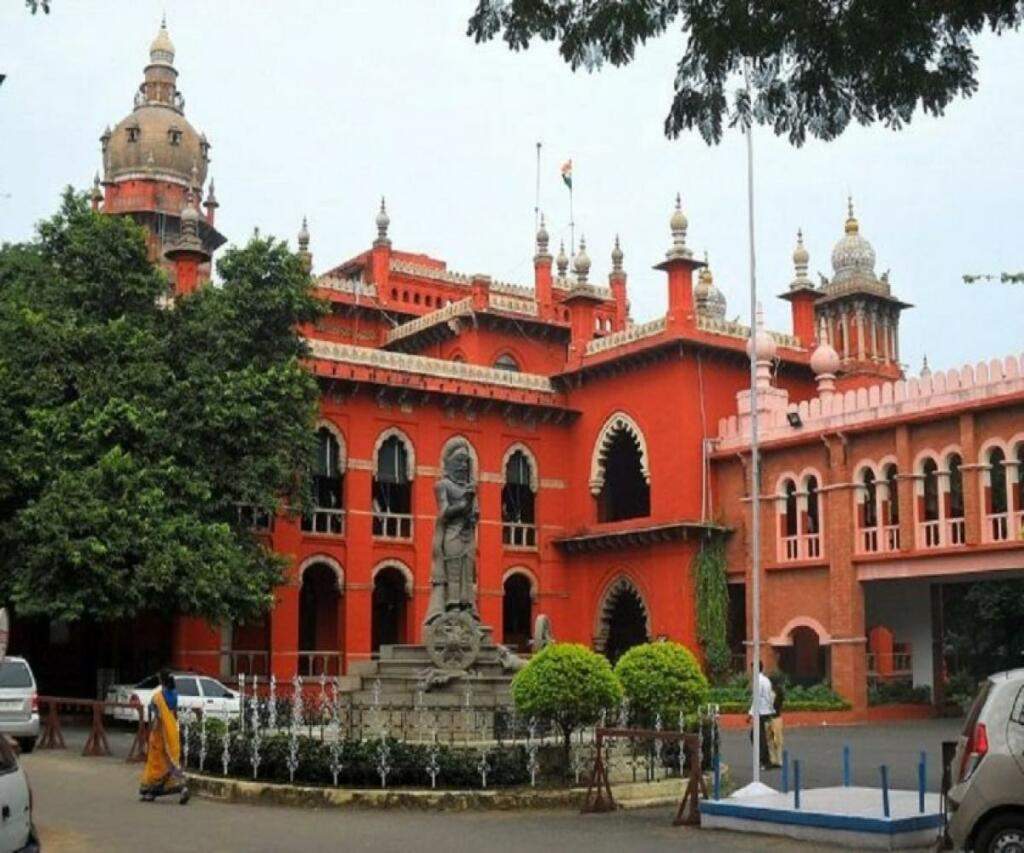In response to a petition to quash a notice issued by the state highways department ordering the removal of a temple, the Madras High Court recently observed that “God is omnipresent” and that his divine presence did not require a specific location. The court, thus, has rejected the eviction of a temple on public land.
Madras HC refused to stop the removal of a temple on public land
As per the reports, the court observed, “It is the fanatic who is the root cause of all problems in dividing people in the name of religion (sic).” A division bench comprising of Justices S Vaidyanathan and D Bharatha Chakravarthy added that “The petitioner could not usurp highway property, meant for public use irrespective of creed, caste, or religion.”
“If the petitioner is so particular in facilitating devotees to worship Vinayagar, it is open for him either to allot his unencumbered land or the land, if any, available to the temple and thereafter shift the idol to that place,” the judges ruled.
S Periyasamy, a trustee of the temple, had earlier filed a petition against a notice issued by the state highways department that demanded the removal of a temple in Veppanthattai, Perambalur district, Tamil Nadu.
Read more: Madras High Court delivers a landmark judgment on freedom of Hindu temples and their lands
The petitioner has stated that “The temple had been in place for more than three decades and was built without impeding the free flow of the public or transportation.”
However, the court replied to this statement and asked for the necessary documents to establish the case. It observed, “Even though the petitioner has stated that the temple was constructed three decades ago and the land belonged to the temple, what prevented him from producing necessary documents to establish his case?”
The judges stated, “The submission that the temple has not caused any obstruction to the public or free flow of traffic throughout and is used solely for the purpose of worship cannot be accepted because, first and foremost, the petitioner has failed miserably to produce documents proving that the land is under the control of the trust.”
They further claim that even if the petitioner’s request is accepted, it will permit others to encroach on public land and claim that there is no obstruction to any public and, thus, they should be allowed to continue their illegal occupation.
However, it is well known that ancient Hindu temples in the state have been in a perpetual state of despair owing to the neglect of the successive state governments in granting the control back to the temples. And now, the Madras High Court’s decision to reject the petition seeking to stop the removal of the temple emerges as another move to neglect the state of temples in Tamil Nadu.
